When Apple first announced the launch of its iPhone platform, we wrote here that it is a game changer.
Even the core of iPhone is a major advance in mobile computing, but with
the platform iPhone
becomes
the new personal computer. The desktop from now on will be for professional and business work.
Laptops aren’t
going away, but will get increasingly less personal use.
The reason is that iPhone with its application platform is a better
personal
computer and it’s widely accessible.
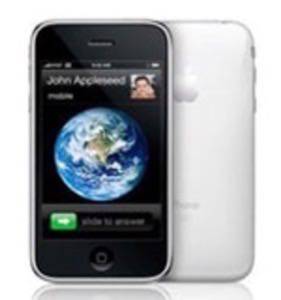
At Your Fingertips. Fast.
Every major
service, Amazon, Netflx, Twitter, Digg, Flickr, Facebook, is already
available, or will soon be,
on iPhone.
Either the companies or third parties will deliver these applications.
The
result is, you have the world in
your pocket; anytime, anywhere you can access what you need.
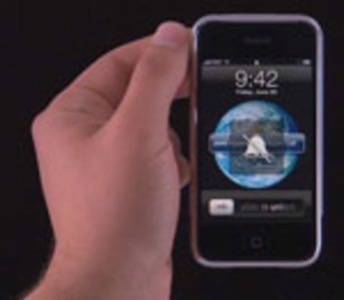
This is powerful and unprecedented.
For a while now, we’ve been seeing desktop and web converging, with
increasingly
more desktop apps
leveraging the web. iPhone places this convergence into the spotlight.
Smart little apps with
fluid Apple design
are now leveraging the vast amounts of information available on the web.
Location Awareness
Another leap
is location awareness.
Apps are now smarter because they understand an
important part of your context. Want nearby movies, restaurants or maps?
Applications automatically
leverage your current location.
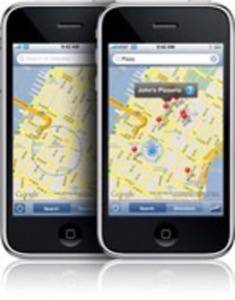
And we’re now seeing a true blend of physical and digital. When
you’re at a restaurant, see what your friends thought about it. When
in a bookstore, look up reviews on Amazon. If in Paris, access an
instant map. Sure, you could do this
before, but this iPhone platform takes the experience to a new level. It
takes it to the mainstream.
The New Personal Computer
There’s an
irony in Steve
Jobs’ recent move to drop the word computer from the company
name.
Arguably, this iPhone is the first really personal computer. True, the PC
was called that first, but from
today’s view PC is for heavy tasks while iPhone is small, smart and
portable.
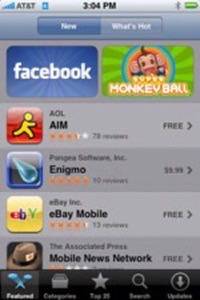
iPhone comes with a pack of applications perfect for today’s consumers.
Like iMac 10 years ago, this
device focuses on essentials. It has all the necassary communications:
phone, email, text messaging.
It has a camera and a way to manage photos. It’s the best smart phone to
play video. And
its
music support rocks.
Even the original iPhone was great at finding
information: maps and Safari made the
web
instantly accessible. Now with the application platform open-ended, all
other non-Apple essentials become available.
Each of us can download the apps for services we use and make iPhone
personalized and personal.
What’s Next for Business Computing?
Beyond
personal computing iPhone
aims to help people do business. Its much anticipated Exchange
integration will generate an army of converts. Jobs and his crew know
the personal computer needs to support
business folks, as few people would want to carry two devices.
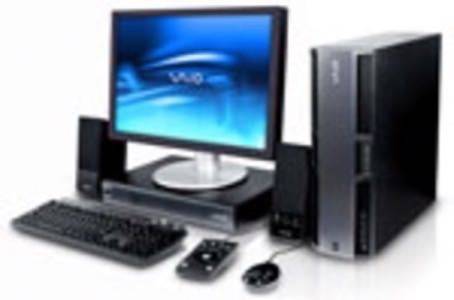
Where does this leave laptops and PC? Obviously neither is going away
anytime soon,
but both are more orientated towards business professionals. Programmers
will not be
using an iPhone to write Java code. Designers will not be using it for
graphics, and engineers
will never run CAD on iPhone. These aren’t personal computing things,
but business.
iPhone will become our new personal computer.
Conclusion
Seeing the new applications on the iPhone is eye-opening. They’re powerful,
they’re beautiful, and they’re only
getting better. Having all personal applications and services at your
fingertips makes one realize
iPhone is really the first personal computer.
Increasingly, desktops and laptops will be for
professional computing. iPhone and its descendants will be our new
personal
computer. This is an exciting
page in the history of our technology. It’s the start of an era:
ubiquitous, portable, personal computing.
ReadWriteWeb Predictions: How many total units of the iPhone will Apple sell in 2008? Click here to predict.

















